Introduction
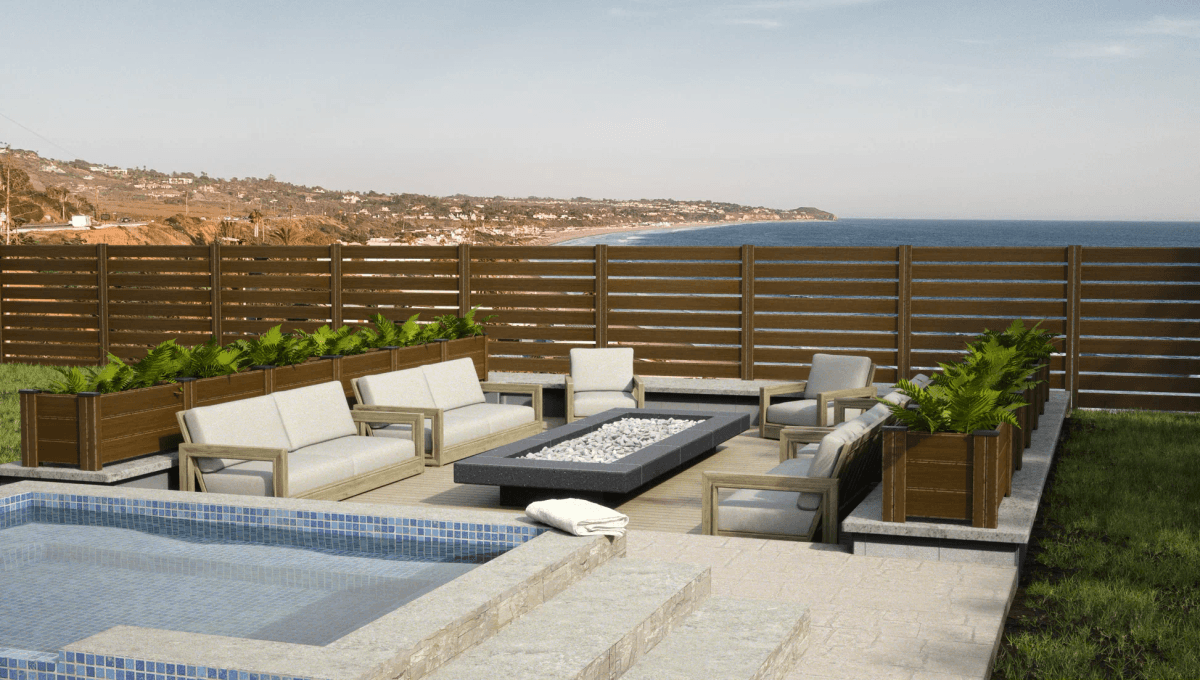
Understanding WPC and PVC Materials
Wood Plastic Composite (WPC) is a blend of wood fibers and plastic, which offers the warmth of traditional wood while providing enhanced durability. On the other hand, Polyvinyl Chloride (PVC) is a synthetic plastic polymer that boasts excellent resistance to moisture and UV light, making it an ideal choice for outdoor applications. By grasping the fundamental characteristics of these materials, you can better appreciate their unique benefits in various contexts.
The Popularity of WPC and PVC Options
The popularity of WPC and PVC options has surged in recent years as more homeowners seek sustainable yet stylish alternatives to traditional building materials. With their low maintenance requirements and impressive longevity, products like PVC boards and WPC wall panels have become go-to choices for decks, fences, and interior finishes alike. As consumers become increasingly eco-conscious, the appeal of composite wood solutions continues to grow.
Key Differences Between WPC and PVC
While both WPC and PVC offer remarkable advantages, there are key differences that set them apart in terms of composition and performance. For instance, WPC combines natural wood elements with plastic to create a more organic look but may require slightly more upkeep than pure PVC sheets. Conversely, board PVC is entirely synthetic; thus it tends to be even more resistant to weather-related wear but lacks some aesthetic warmth found in its composite counterparts.
Overview of WPC
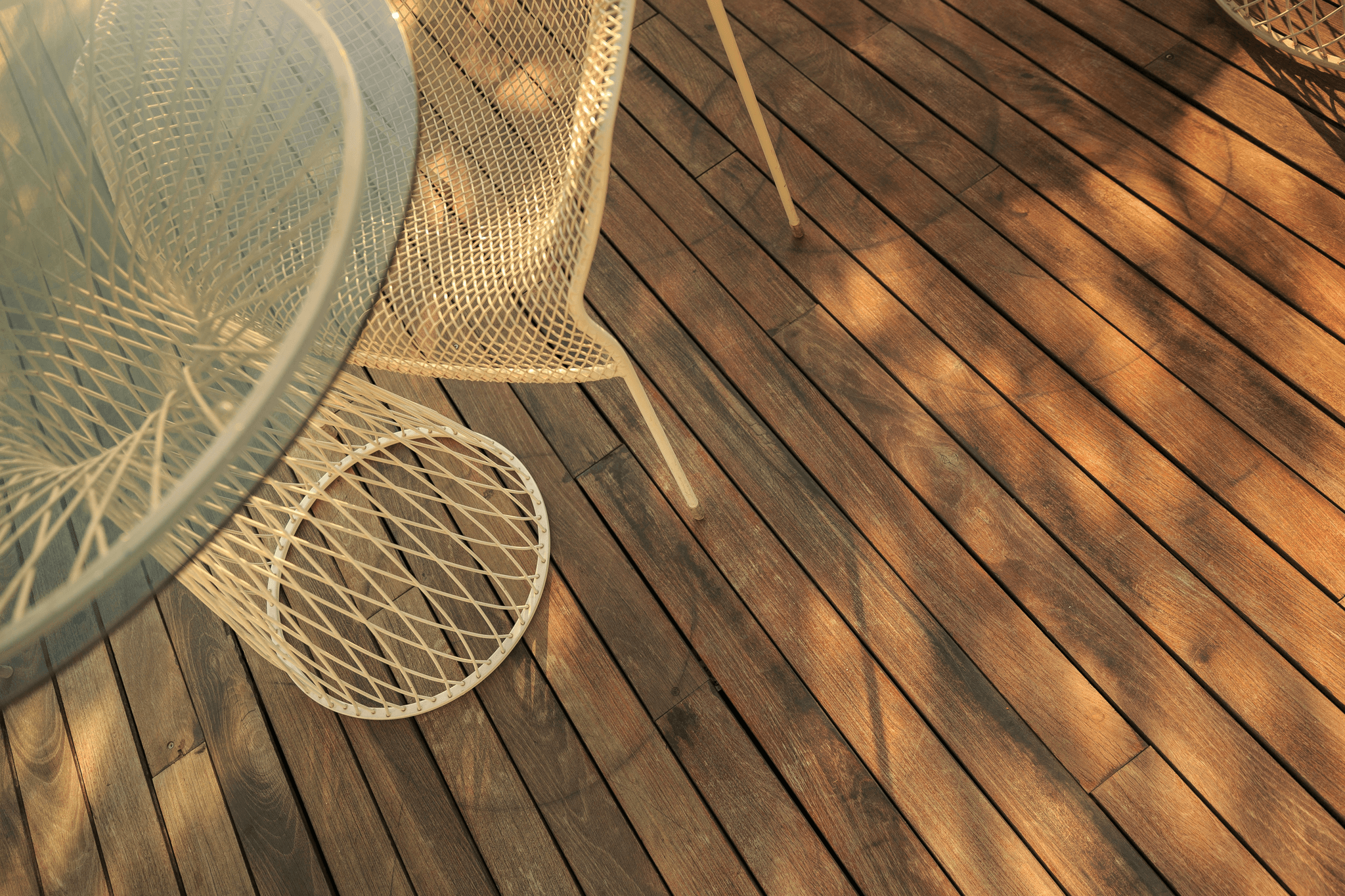
This innovative blend of wood fibers and plastic offers a unique solution that combines the best of both worlds—natural aesthetics with durability. Homeowners and builders alike are increasingly turning to WPC as an alternative to traditional materials, prompting a closer look at its benefits.
What is WPC?
WPC, or Wood Plastic Composite, is a composite material made from recycled wood fibers and plastic. This eco-friendly option stands out in the ongoing debate of PVC vs WPC, offering a sustainable choice without sacrificing performance or appearance. With its unique composition, WPC provides the warmth of natural wood while boasting enhanced resistance to moisture and pests.
Benefits of WPC for Homeowners
Choosing WPC brings several advantages for homeowners looking to enhance their outdoor spaces. First off, it requires minimal maintenance compared to traditional wood; no need for regular sealing or staining! Additionally, the durability of composite wood means that it can withstand harsh weather conditions without warping or fading, making it an excellent investment.
Moreover, the aesthetic appeal of WPC wall panels allows homeowners to achieve that sought-after natural look without compromising on longevity. The material can be easily manipulated into various designs and finishes that suit any style preference—from rustic charm to modern sleekness. In this ongoing comparison of PVC vs WPC, it's clear that homeowners are drawn to the versatility offered by composite options.
Common Applications for WPC
WPC is not just limited to decking; its versatility makes it suitable for numerous applications around the home and beyond. From patios and walkways to fencing and garden furniture, this material shines in various settings due to its resilience against wear and tear. You might also find it used in interior design elements like wall panels or even cabinetry—proving that this composite wood can seamlessly blend indoor elegance with outdoor functionality.
In commercial settings too, businesses are opting for WPC due to its low maintenance needs combined with high durability; think boardwalks at beaches or stylish seating areas in parks! As we continue exploring options like PVC boards or PVC sheets in our quest for ideal materials, it's important not to overlook what makes WPC such a compelling choice.
Exploring PVC
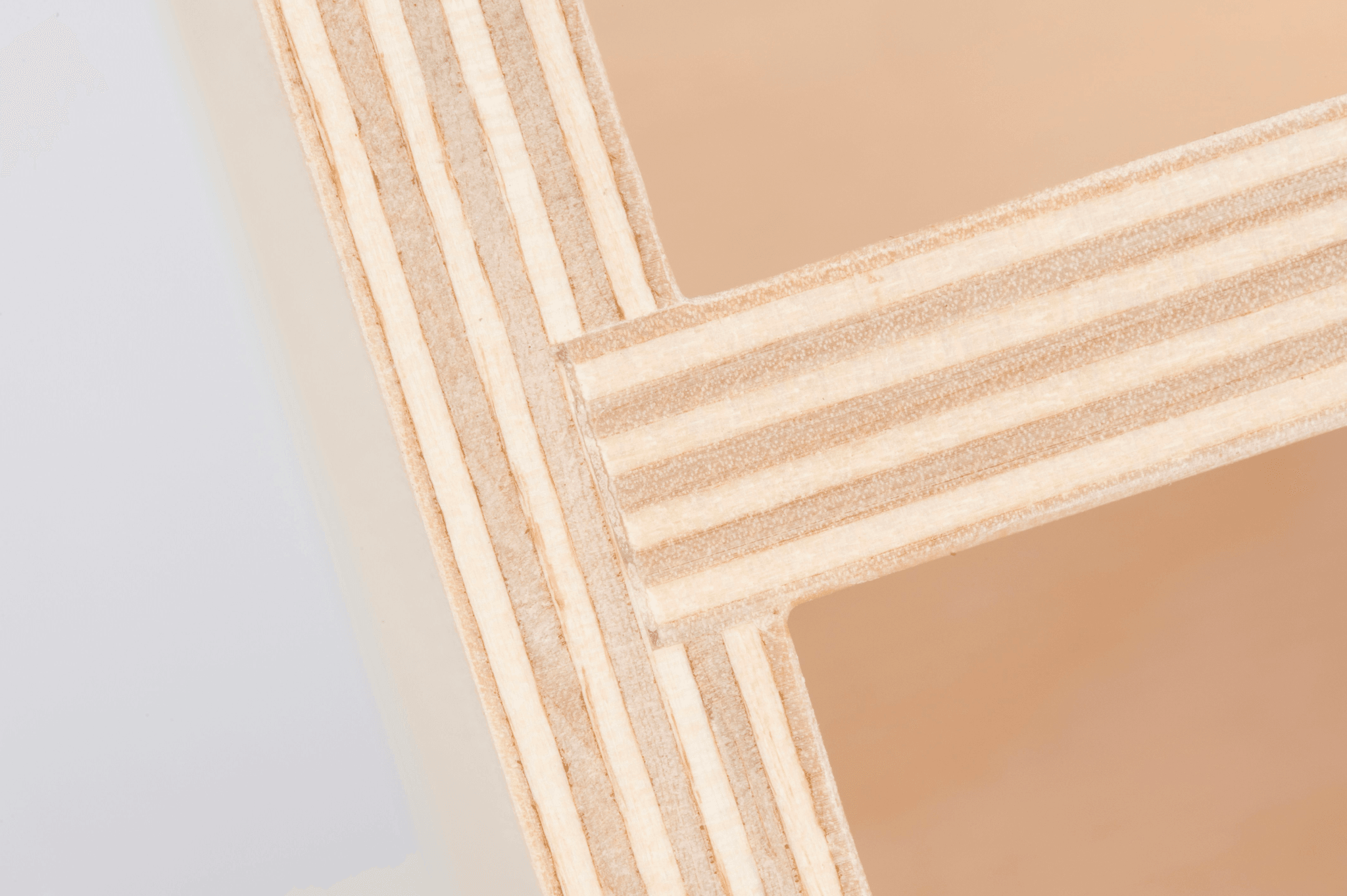
What is PVC?
PVC, or polyvinyl chloride, is a synthetic plastic polymer that has become one of the most widely used materials in construction and home improvement projects. Known for its lightweight nature and exceptional strength, board PVC offers a range of benefits that traditional wood cannot match. From pipes to siding and even decking, PVC sheets are increasingly favored for their ability to withstand harsh weather conditions without warping or rotting.
Advantages of Using PVC Boards
One of the standout advantages of using PVC boards is their impressive durability; they resist moisture, pests, and decay far better than wood alternatives like composite wood or WPC products. Additionally, these boards require minimal maintenance—no sanding or painting necessary—making them ideal for busy homeowners who want to enjoy their outdoor spaces without constant upkeep. Plus, with options like PVC decking material available in various colors and styles, you can achieve an attractive look that complements any design aesthetic.
Typical Uses for PVC Sheets
PVC sheets are incredibly versatile and can be utilized in various applications around the home or commercial spaces. They are commonly used in constructing durable wall panels such as WPC wall panels as well as roofing systems due to their weather-resistant properties. Additionally, many opt for PVC decking because it provides an excellent alternative to traditional wooden decks while offering a sleek appearance without compromising on strength.
Comparing Durability and Maintenance
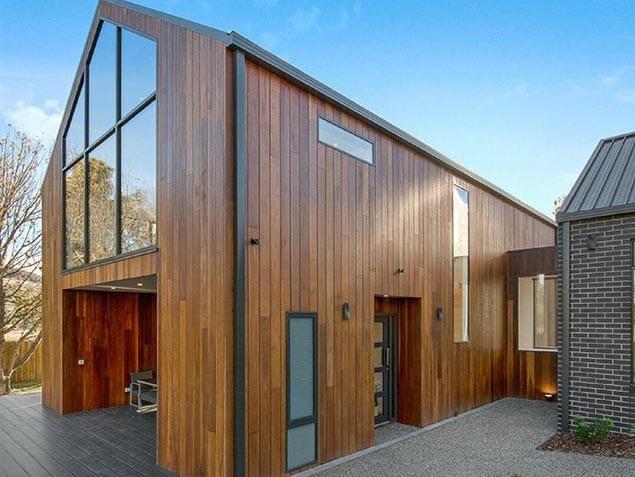
How WPC Stands Up to Weather
WPC, or Wood-Plastic Composite, is designed to endure various weather conditions while maintaining its structural integrity. It boasts a natural resistance to moisture, which helps prevent warping and rotting—a common issue with traditional wood products. However, extreme temperatures can still affect composite wood; therefore, it's important to choose high-quality WPC boards that are specifically engineered for your climate.
The Longevity of PVC Decking Material
In the battle of PVC vs WPC, PVC decking material often takes the crown when it comes to longevity. Unlike WPC boards that may degrade over time due to environmental factors like UV rays or humidity, PVC sheets are impervious to such issues. This means that when you invest in board PVC products for your outdoor space, you’re likely looking at decades of service without significant wear or tear.
Maintenance Needs for Both Options
When considering maintenance needs between WPC and PVC options, both have their pros and cons but lean in different directions. Composite wood requires periodic cleaning with soap and water along with occasional sealing to maintain its appearance and performance over time; however, this effort is minimal compared to traditional wood upkeep. On the other hand, PVC decking demands even less; a simple wash down with a hose will usually suffice since it doesn’t absorb moisture or harbor mold—making it an excellent low-maintenance choice.
Aesthetic Appeal: WPC vs PVC

Both options offer unique visual characteristics that can complement various design styles, but they do have distinct differences. Whether you’re looking for the warmth of composite wood or the sleekness of modern PVC boards, each material has something special to offer.
Visual Differences Between WPC and PVC
WPC (Wood Plastic Composite) boasts a natural wood-like appearance that appeals to those seeking a traditional aesthetic without the maintenance headaches associated with real wood. Its rich textures and earthy tones can make any outdoor space feel cozy and inviting, creating an ambiance reminiscent of classic wooden decks. On the other hand, PVC boards are known for their clean lines and contemporary look, often available in a wider array of colors that cater to modern design sensibilities.
While WPC mimics the beauty of real wood with its grain patterns and warm hues, it may lack some of the uniformity found in board PVC products. The visual appeal of PVC sheets lies in their smooth finish and ability to maintain color consistency over time without fading or warping. Therefore, when comparing pvc vs wpc from a visual standpoint, homeowners need to consider whether they prefer the organic feel of composite wood or the polished look offered by PVC decking.
Design Flexibility with WPC Wall Panels
WPC wall panels are not only functional but also provide incredible design flexibility for both indoor and outdoor applications. These panels can be easily customized in terms of size, shape, and finish, allowing homeowners to create unique features such as accent walls or decorative facades that stand out. With various textures available—from rustic finishes to sleek modern looks—WPC wall panels can adapt seamlessly into any decor style.
In contrast, while board PVC offers some level of customization through color choices and smooth surfaces, it may not achieve the same depth in texture as WPC materials can provide. Those looking for versatile design options will appreciate how composite wood allows for creative expression without sacrificing durability or weather resistance. Ultimately, if you want your project to reflect individuality while maintaining aesthetic appeal, considering WPC wall panels is an excellent choice.
Color and Texture Options for PVC Decking
When discussing pvc decking material options, one cannot overlook the extensive variety of colors and textures available within this category. Homeowners who lean towards vibrant colors will find that PVC decking provides an array that ranges from bold reds to soft pastels—perfect for making a statement in gardens or patios alike! Additionally, its smooth surface allows for easy cleaning while retaining its bright appearance season after season.
Texture-wise, while most board pvc products have a slick finish designed for easy maintenance, some manufacturers are now introducing textured options that mimic natural materials like stone or wood grain patterns—offering more choices than ever before! However, compared to WPC's inherently rich textures derived from its composite nature—like embossed grains reminiscent of real timber—the tactile experience may still differ significantly between these two materials despite advancements in design technology.
In summary on this point about aesthetics between pvc vs wpc: if you're after vibrant colors with minimal upkeep then look no further than quality pvc decking; however if warmth & character are what you seek then embracing composite wooden alternatives might just be your best bet!
Cost Analysis: WPC and PVC
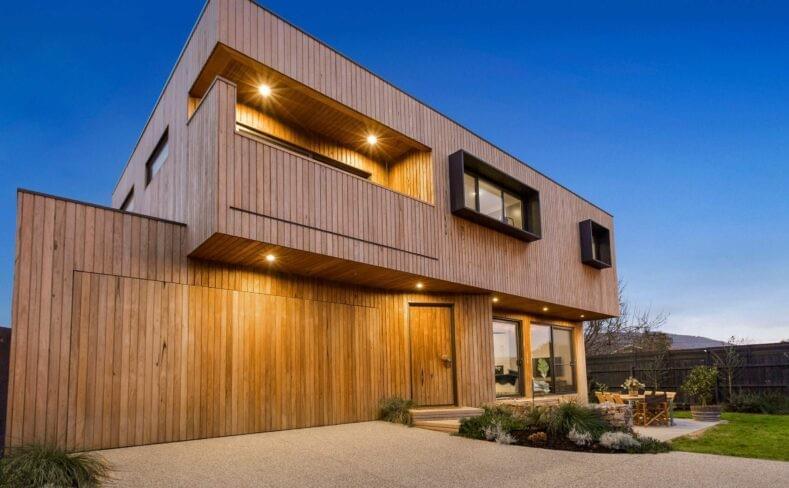
Pricing of WPC vs PVC Boards
The pricing landscape for WPC vs PVC is quite varied, with each option catering to different budgets and project scopes. Generally, WPC boards can be more affordable upfront compared to premium PVC decking materials; however, prices can fluctuate based on brand and quality. On the other hand, while board PVC may carry a higher initial price tag, its durability often justifies the investment over time.
When considering your options, it's important to factor in not just the cost per square foot but also any additional expenses related to installation or finishing touches. For example, some homeowners might opt for composite wood due to its cost-effectiveness in terms of aesthetics and functionality combined. Ultimately, whether you lean toward WPC or board PVC will depend on your specific needs and budget constraints.
Long-term Value: WPC and PVC Cost-Effectiveness
Long-term value is where the debate between WPC vs PVC truly heats up. While both materials offer distinct advantages over traditional wood alternatives, their longevity plays a pivotal role in overall cost-effectiveness. For instance, although initial prices for high-quality PVC sheets may be higher than those for WPC wall panels, they often require less maintenance over time due to their resistance to rot and pests.
Moreover, when evaluating long-term value, consider factors like warranty periods offered by manufacturers—PVC decking typically comes with longer warranties compared to its composite wood counterparts. This added assurance can translate into peace of mind as you weigh your options for future projects or renovations around your home. In this light, investing in durable materials like board PVC could save you money down the line by minimizing replacement costs.
Initial Investment vs Maintenance Costs
The initial investment versus ongoing maintenance costs is another critical aspect when analyzing WPC and PVC choices. Homeowners might find that while they spend less upfront on WPC boards initially due to lower material costs, they could face higher maintenance expenses in terms of staining or sealing every few years. Conversely, opting for premium-grade PVC decking material usually means a larger upfront expenditure but significantly reduced upkeep efforts moving forward.
Additionally, consider how these choices align with your lifestyle—if you're looking for something low-maintenance that stands up well against weather elements without requiring constant attention or care, then investing more in quality board PVC may be worth it in the end. Evaluating these factors carefully ensures you make an informed decision that balances both immediate financial outlay with long-lasting benefits.
Conclusion

In the ongoing debate of PVC vs WPC, homeowners have a lot to consider before making their choice. Both materials offer unique benefits and applications, but understanding their differences can significantly impact your project’s success. Whether you lean towards the natural look of composite wood or the sleek finish of PVC boards, knowing what each material brings to the table is essential.
Key Takeaways on WPC and PVC
WPC (Wood Plastic Composite) stands out for its eco-friendly composition and aesthetic appeal, making it a favorite for those seeking a natural wood-like finish. Conversely, PVC boards are known for their durability and low maintenance needs, perfect for busy lifestyles. Ultimately, both options provide excellent longevity and versatility; however, your specific project requirements will dictate which material is right for you.
Making the Best Choice for Your Project
When deciding between WPC wall panels and PVC decking materials, consider factors such as climate conditions, desired aesthetics, and maintenance preferences. If you're looking for something that mimics wood but requires less upkeep, WPC might be your best bet; however, if you prioritize durability in harsh weather conditions, go with board PVC options. Remember that initial costs also play a role—while both materials have their merits in terms of long-term value, weigh your budget against potential maintenance costs.
Where to Find Quality Materials at Composite Decking Inc
To get started on your journey with either WPC or PVC sheets, look no further than Composite Decking Inc., where quality meets affordability. They offer an extensive selection of both materials to suit any project need—be it deck construction or stylish wall paneling solutions. With expert guidance available on selecting between PVC vs WPC options tailored to your specific requirements, you’ll be well-equipped to make an informed decision.
